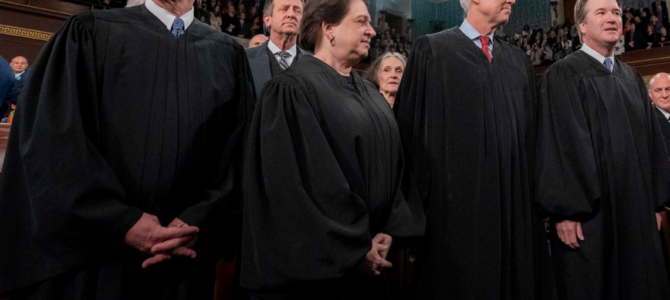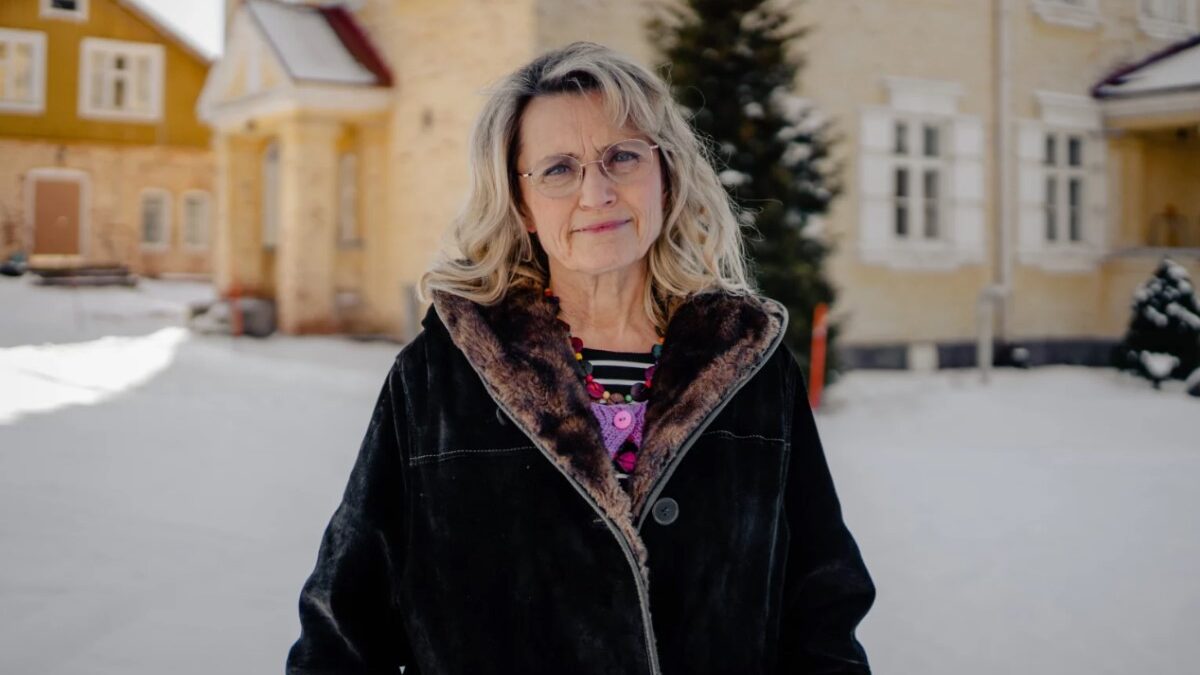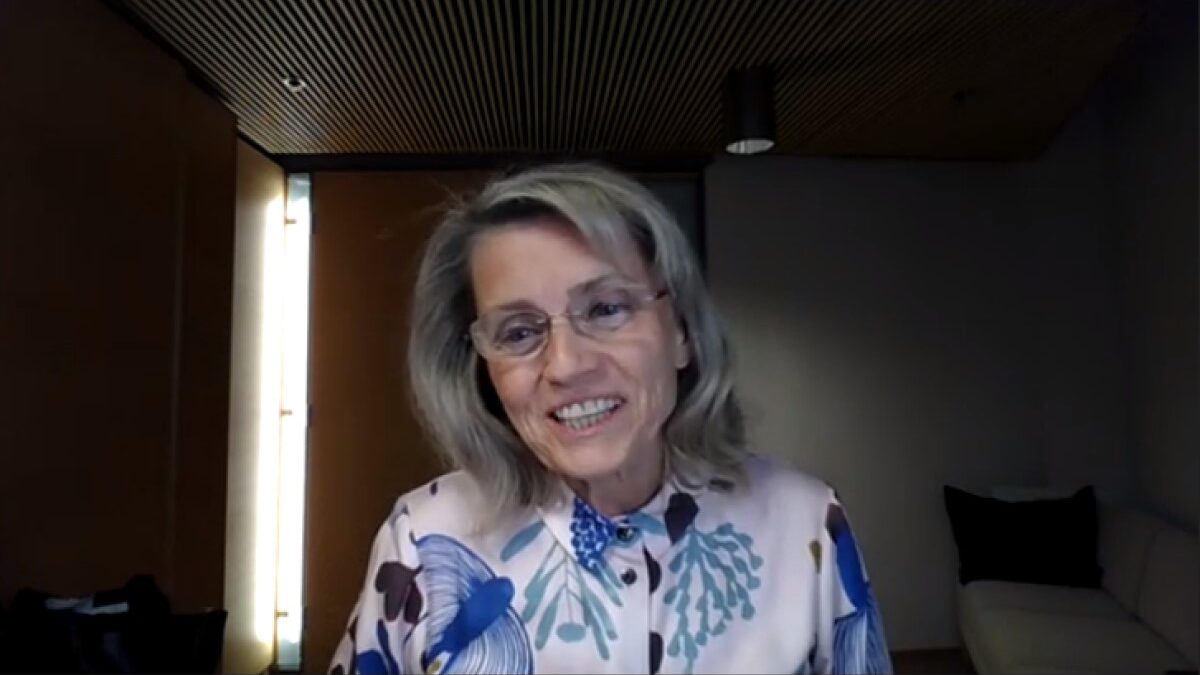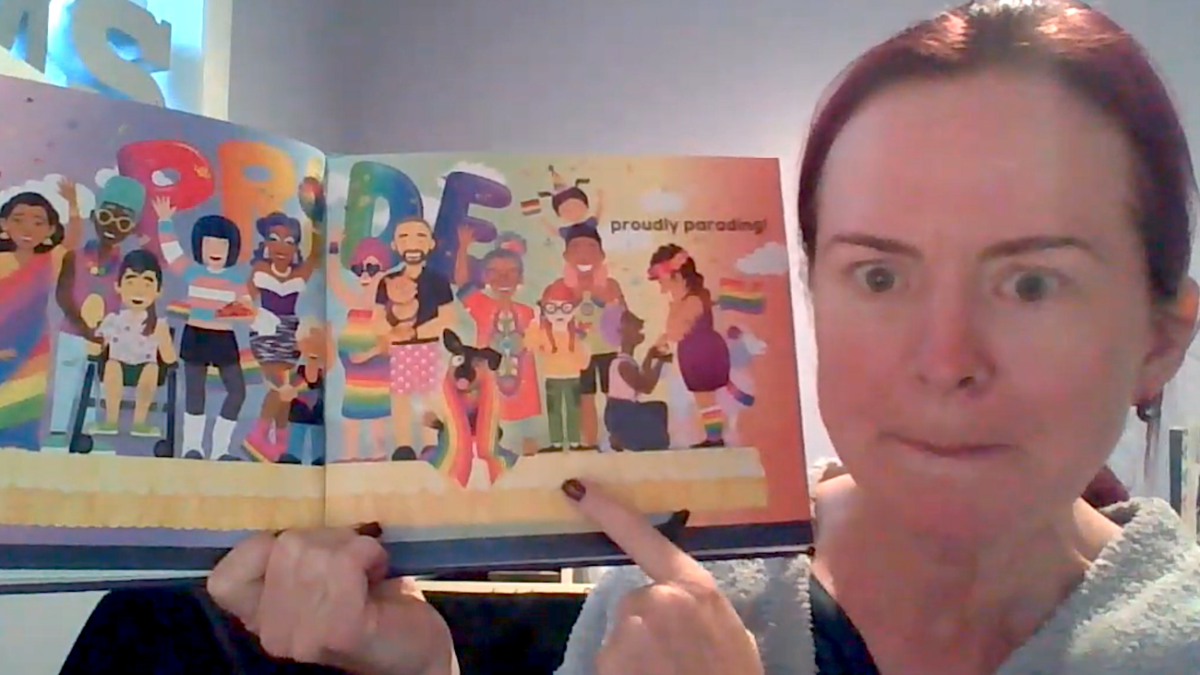
Some justices on the Supreme Court apparently did not get the memo: Contrary to their recent, controversial 5-4 opinion regarding South Bay United Pentecostal Church v. Newsom, which ruled in favor of state-mandated COVID-19 restrictions that didn’t allow churches to open to the same capacity as businesses, it now looks like the state’s guidelines were arbitrary. Given the massive protests around the country, it would appear religious communities can gather if they do so for a politically correct purpose, such as a George Floyd memorial, like these Jewish children did recently.
These clever Hasidic kids decided to turn their carnival into a "Justice for George Floyd" rally and now the NYPD cannot break it up.
Tonight's Justice for George Floyd Shabbat Services are sure to be interesting as well.
H/t @kippahunited pic.twitter.com/pN1JvII0wx
— Jake K. Turx (@JakeTurx) June 5, 2020
That the five justices who ruled against the church reopening would use the exact same logic that has now been flipped around and utilized to excuse massive and often lawless protests is unfortunate. In fact, it proves Justice Brett Kavanaugh’s dissent — he would have granted the church’s request to stop the state from enforcing the inequitable mandate — underscoring the importance of the First Amendment’s authority over state’s rights.
Roberts Defers to States, Accuses Kavanaugh of Judicial Activism
Chief Justice John Roberts and the four more liberal justices — Elena Kagan, Sonia Sotomayor, Ruth Bader Ginsburg, and Stephen Breyer — disagreed with Kavanaugh. Roberts’ opinion has surprised and disappointed many on the right, even as this reassures the left he might turn out to be the swing vote they can occasionally count on.
Roberts wasted no time making his case for why he would deny the church’s request for “injunctive relief.” He essentially said California’s restrictions are in fact equitable, so they don’t violate churchgoers’ First Amendment rights. Roberts said California has imposed severe restrictions on places where folks linger, such as church, concerts, movie theaters, and spectator sports, while loosening restrictions on places people move through more quickly, such as grocery stores (which have always been essential businesses, so that doesn’t hold up).
This logic didn’t quite make sense to Kavanaugh and the remaining more originalist judges, but it especially sounds flawed now in light of protests taking place in large cities, where angry mobs have gathered in crowds of hundreds or thousands of people for hours at a time.
Massive protest in Philly. https://t.co/Qx581cBMMf pic.twitter.com/F7dFP1NZ2Y
— Evan McMurry (@evanmcmurry) June 6, 2020
Roberts argued his decision is based on deferring to what state officials say: “Our Constitution principally entrusts ‘[t]he safety and the health of the people’ to the politically accountable officials of the States ‘to guard and protect.’” As Reason’s Damon Linker says, Roberts even went so far as to essentially accuse “Kavanaugh and the other dissenters of judicial activism”:
When those officials “undertake[ ] to act in areas fraught with medical and scientific uncertainties,” their latitude “must be especially broad.” … Where those broad limits are not exceeded, they should not be subject to second-guessing by an “unelected federal judiciary,” which lacks the background, competence, and expertise to assess public health and is not accountable to the people.
Kavanaugh Deferred First to the Constitution
Of course, our government is set up to defer to state officials when it comes to these exact issues. As far as legal documents show, the church was doing exactly that to a point. But as things have evolved, the church saw a gross inequity. So it took it upon itself to petition the court and point out that these particular state executive orders violated its First Amendment rights, which supersede any state mandates, especially in this very specific case where it appeared the church was not being treated equally to businesses.
Kavanaugh concurred with this logic and dissented from Roberts’ majority opinion, along with Neil Gorsuch, Samuel Alito, and Clarence Thomas. Writing separately, he said, “California’s discrimination against religious worship services contravenes the Constitution.”
Kavanaugh actually took the time in his dissent to target the primary issue of the case, which is not federalism, state’s rights, or even judicial activism, but the obvious difference between the way the church and secular businesses are being treated:
What California needs is a compelling justification for distinguishing between (i) religious worship services and (ii) the litany of other secular businesses that are not subject to an occupancy cap. California has not shown such a justification. The Church has agreed to abide by the State’s rules that apply to comparable secular businesses. That raises important questions: “Assuming all of the same precautions are taken, why can someone safely walk down a grocery store aisle but not a pew? And why can someone safely interact with a brave deliverywoman but not with a stoic minister?”
Roberts Deflects and Projects
If anything, it actually looks like by accusing Kavanaugh and company of judicial activism, in his extremely stoic chief justice kind of way, Roberts deflected from the exact compelling argument Kavanaugh made in his dissent and projected his own penchant for often being called an activist judge himself. (His vote in National Federation of Independent Business v. Sebelius, which upheld the Patient Protection and Affordable Care Act, comes to mind.)
Roberts famously does not want his court to be one known for political activism, and this is as important as it is admirable. Yet since when is identifying the way an executive order treats businesses and churches differently judicial activism? If anything, it’s the opposite. To label Kavanaugh as such seems a bit overwrought, even for him.
Of course, Kavanaugh is second-guessing the unconstitutional mandate. It came to the court precisely for that reason. The justices had to look at it again through the lens of the Constitution. Kavanaugh simply found that the order did violate the church’s rights, and Roberts didn’t think it was his business to step in. A compelling case can be made for both arguments, but there’s no compelling case for the chief to talk down to his fellow justices and label them meddlers and activists.
The decision appears especially unfortunate in light of what now appears to be extremely arbitrary state mandates that closed down businesses and churches, then reopened some businesses, but kept churches shuttered while mass protesters gathered without receiving even the slightest rebuke.









